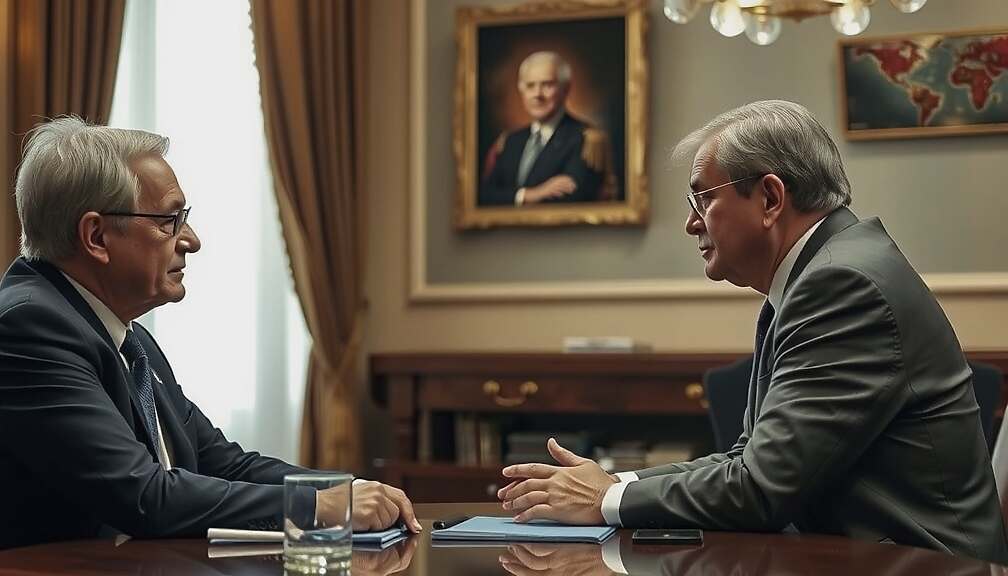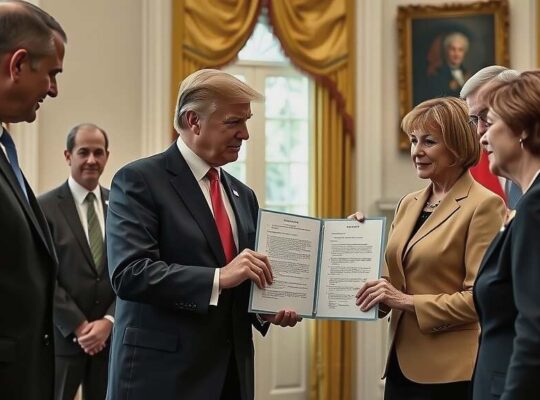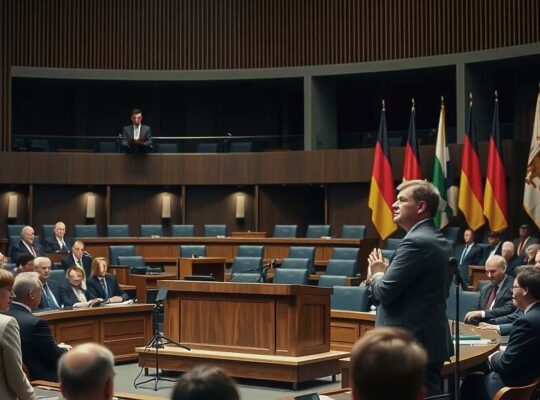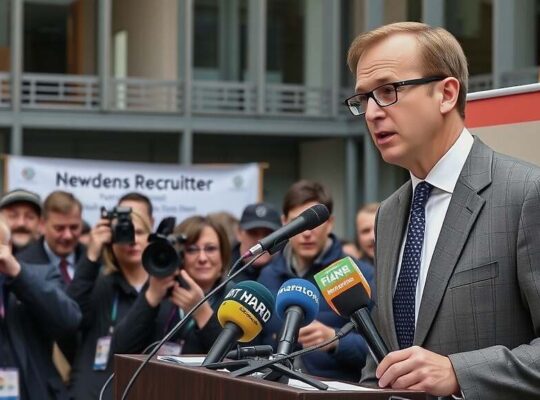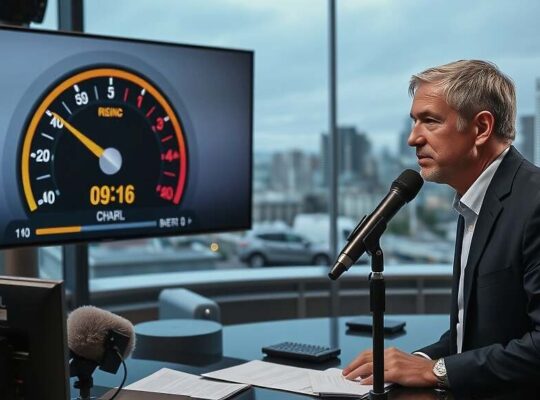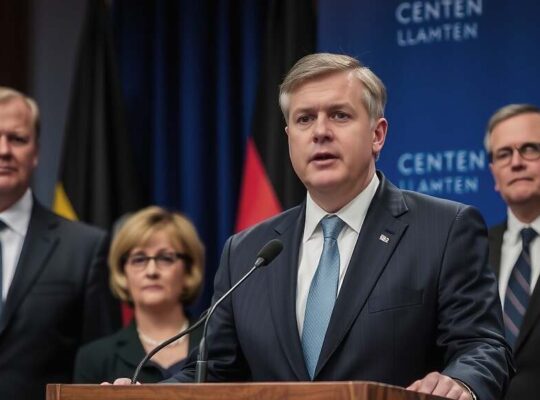Berlin and Jerusalem engaged in a high-level discussion Sunday, as German Chancellor Friedrich Merz and Israeli Prime Minister Benjamin Netanyahu held a telephone conversation focused on the precarious situation in Gaza. The exchange, confirmed by government spokesperson Stefan Kornelius, underscored ongoing efforts to solidify the fragile ceasefire currently in place.
While both leaders expressed a shared commitment to bolstering the stability of the ceasefire, the conversation also highlighted the complex and deeply divisive issues underpinning the conflict. Kornelius stated that a primary focus was on ensuring “the continued stabilization” of the ceasefire, a phrasing that acknowledges the inherent volatility and potential for renewed escalation.
Both Merz and Netanyahu reportedly agreed on the necessity of facilitating unimpeded and sufficient humanitarian aid to the civilian population within Gaza. This agreement, however, sidesteps a critical debate: the efficiency and impartiality of aid distribution within the territory, with accusations consistently levied against international organizations and Israeli oversight regarding equitable access and diversion of supplies.
The demand for the immediate return of the remains of the last hostages held by Hamas formed another key element of the discussion. This recurring request, while a moral imperative, serves as a persistent roadblock to broader negotiations and underscores the deeply entrenched animosity between the two sides. Critics argue that consistently prioritizing this singular demand, without addressing underlying political grievances, risks prolonging the conflict and hindering a more comprehensive resolution.
The call occurred amidst increasing international pressure on Germany to adopt a more assertive role in mediating between Israel and Hamas, particularly concerning the post-conflict governance of Gaza. While the conversation represents a demonstrable effort to maintain a dialogue, the outcome remains conspicuously unclear and the challenges in securing lasting stability in the region persist. The focus on immediate stabilization, rather than addressing systemic issues fueling the conflict, raises questions about the long-term efficacy of Germany’s approach.


